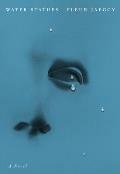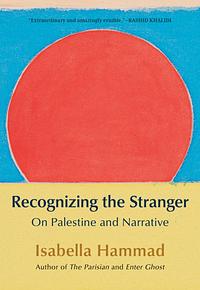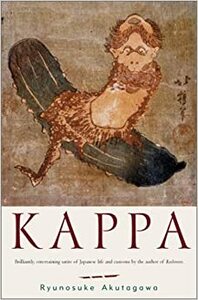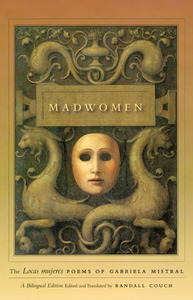Take a photo of a barcode or cover
peytonaaa's Reviews (927)
informative
reflective
"From time to time, [Sade] leaves off satire long enough to posit a world in which nobody need bleed. But only a violent transformation of this world and a fresh start in an absolutely egalitarian society would make this possible. Nevertheless, such a transformation might be possible; at this point, Sade becomes a Utopian. His Utopianism, however, takes the form of Kafka’s: ‘There is hope – but not for us.’ The title of the pamphlet describing the Sadeian Utopia inserted in Philosophy in the Boudoir is: Yet Another Effort, Frenchmen, If You Would Become Republicans. It is possible, but improbable, that effort will be made; perhaps those who make it will have hope."
dark
emotional
reflective
"I'm not looking at you, though it might seem that I am. I'm looking back through my life, and my friend's death is what's important to me. It changed me, gave me this slightly defensive expression which only a few people see through. If you hold the pages of my journal up to the light you'll see contrasting, inter-relating images dealing with him. If you hold this one up you'll find my head is full of the words of another writer. I'll say anything, I suppose, that keeps me out of the jail of my own heart, where I might run into my thoughts about him, like the white lies I told nurses so I could stand by his deathbed for ten seconds way back when. I learned my lesson. I just can't see him as dead. All I can see is what's great about him, though that's all caked up in artifice now, and cloaked in recent history's scariest light. His eyes were circled, deep brown, neither friendly nor wary of anyone. Mine are bright blue and possibly evil in their search through the recesses of friends' private parts while they sleep forever."
reflective
"... the fear that I might scream, and people would come running and gather at my door and force it open; the fear that I might betray myself and speak of everything I am afraid of; and the fear that I might not be able to say anything, because it is all beyond saying — and the other fears… the fears."
challenging
informative
"The poem is the answer’s absence. The poet is one who, through his sacrifice, keeps the question open in his work. At every time he lives the time of distress, and his time is always the empty time when what he must live is the double infidelity: that of men, that of the gods—and also the double absence of the gods who are no longer and who are not yet. The poem’s space is entirely represented by this and, which indicates the double absence, the separation at its most tragic instant. But as for whether it is the and that unites and binds together, the pure word in which the void of the past and the void of the future become true presence, the 'now' of dawn—this question is reserved in the work. It is that which reveals itself in the work by returning to concealment, to the distress of forgetting."
challenging
mysterious
reflective
"The children — you, madam, must be acquainted with some — often say that they want to go back to another world, one they’ve known, full of incredible paradigms of perfection. The boy remembered well the beauty he hadn’t been able to hold on to, more than once he’d said that he wanted to go back there. He had a horror of anything hereditary, because whatever comes to us by natural inheritance belongs to the dead."
This was so cryptic... Between this and Destroy, She Said, what an oblique end to the year
This was so cryptic... Between this and Destroy, She Said, what an oblique end to the year
informative
reflective
"What I learned through writing this book is that literary anagnorisis feels most truthful when it is not redemptive: when it instead stages a troubling encounter with limitation or wrongness. This is the most I think we can hope for from novels: not revelation, not the dawning of knowledge, but the exposure of its limit. To realize you have been wrong about something is, I believe, to experience the otherness of the world coming at you. It is to be thrown off-center."
adventurous
funny
reflective
"Q: And you claim that’s a fine poem?
A: Oh no, it is definitely a bad poem. But if the word 'Kappa' were substituted for 'frog,' it would be absolutely brilliant.
Q: And why do you say that?
A: Because we Kappas are always keen to seek ourselves in every work of art."
A: Oh no, it is definitely a bad poem. But if the word 'Kappa' were substituted for 'frog,' it would be absolutely brilliant.
Q: And why do you say that?
A: Because we Kappas are always keen to seek ourselves in every work of art."
reflective
"Those who loved her don’t meet her,
anyone who’s seen her counts her a myth,
and her tongue has forgotten all names
and only in prayer speaks that of the One."
anyone who’s seen her counts her a myth,
and her tongue has forgotten all names
and only in prayer speaks that of the One."
challenging
mysterious
reflective
"'You needn't listen to anyone,' Alissa
says gently. "You can do as you like.'
Elisabeth Alione smiles.
'I don't want to.'"
says gently. "You can do as you like.'
Elisabeth Alione smiles.
'I don't want to.'"









